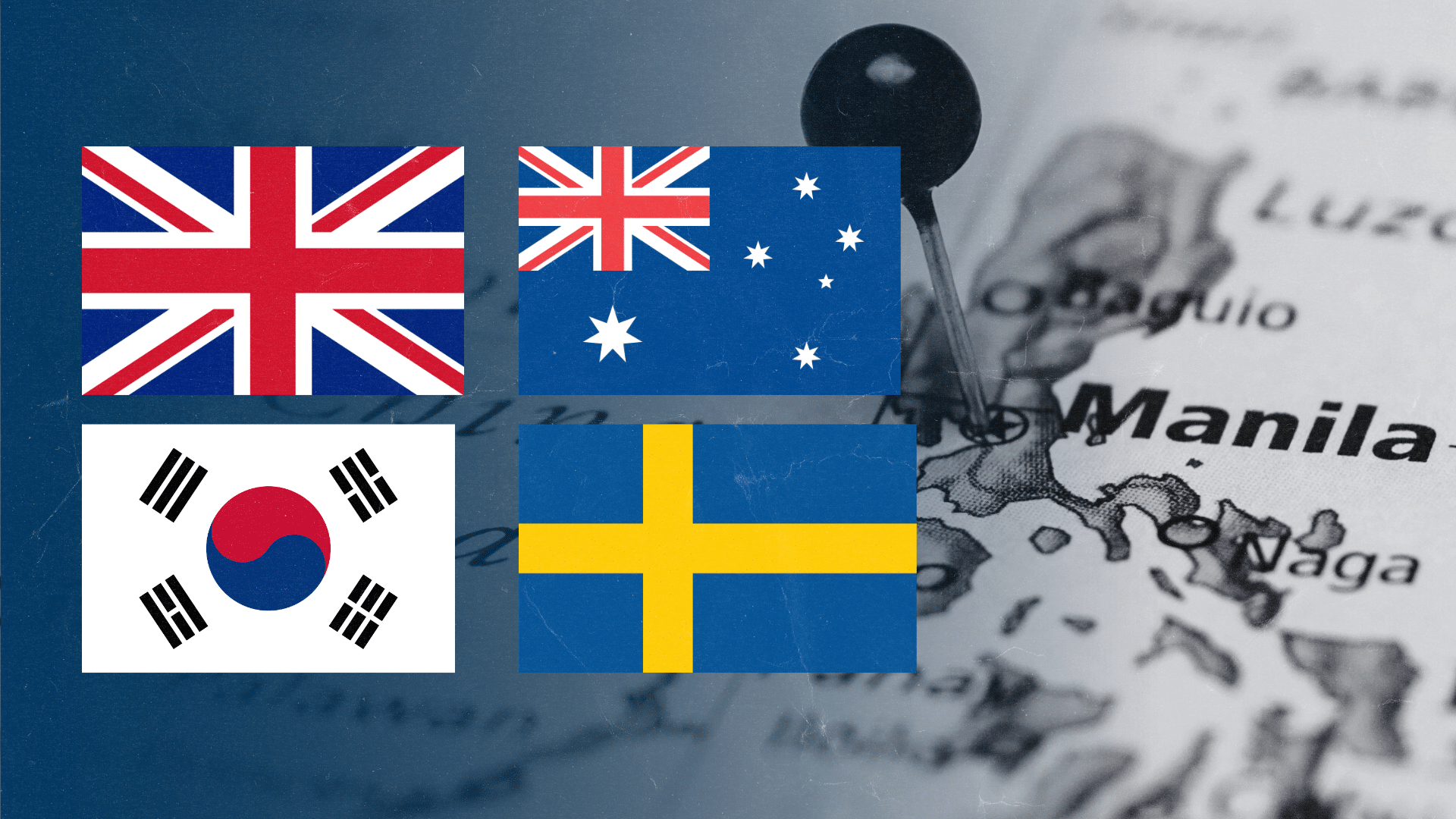More countries drawn to dev’t of Luzon Economic Corridor

The governments of the United Kingdom, South Korea, Australia and Sweden are keen on participating in development projects under the Luzon Economic Corridor (LEC), signaling a growing foreign interest in this initiative aimed at supporting the connectivity across Subic Bay, Clark, Manila and Batangas.
In a statement, the Office of the Special Assistant to the President for Investment and Economic Affairs (OSAPIEA) said the four countries expressed such interest during a joint exploratory talk before the 3rd LEC steering committee meeting in Malacañang last week.
READ: Luzon Economic Corridor to carry on under Trump, says economic czar
“The LEC, which is the first of its kind in the Indo-Pacific region, has been gaining ground and receiving strong support from its partners,” said Secretary Frederick Go, who heads the OSAPIEA.
“We are happy that several other countries have signified their desire to contribute to the development of this corridor,” Go said.
Article continues after this advertisementAdditionally, Go said that the commitment from these like-minded countries signals a robust future for the LEC, bringing with it the promise of enhanced infrastructure, sustainable development and strengthened economic ties across borders.
Article continues after this advertisementThe United States and Japan are the first two countries that announced support in participating in the development of the LEC.
28 projects
The LEC is an initiative of the G7 partnership for global infrastructure and investments, an international funding project by G7 member economies which consist of the United States, Japan, Canada, France, Germany, Italy and the United Kingdom.
Last May, 28 priority projects were presented as part of the envisioned economic corridor.
These projects cover a number of areas, including infrastructure development, electronics and semiconductors, food production and storage and renewable energy sourcing, among others.
The Bases Conversion and Development Authority (BCDA) has offered at least three major infrastructure projects to American and Japanese investors under the initiative.
These are the Subic-Clark Railway Project, the expansion project of Clark International Airport and the Clark National Food Hub.
According to the BCDA, the estimated project cost is around P50 billion for the railway project. INQ